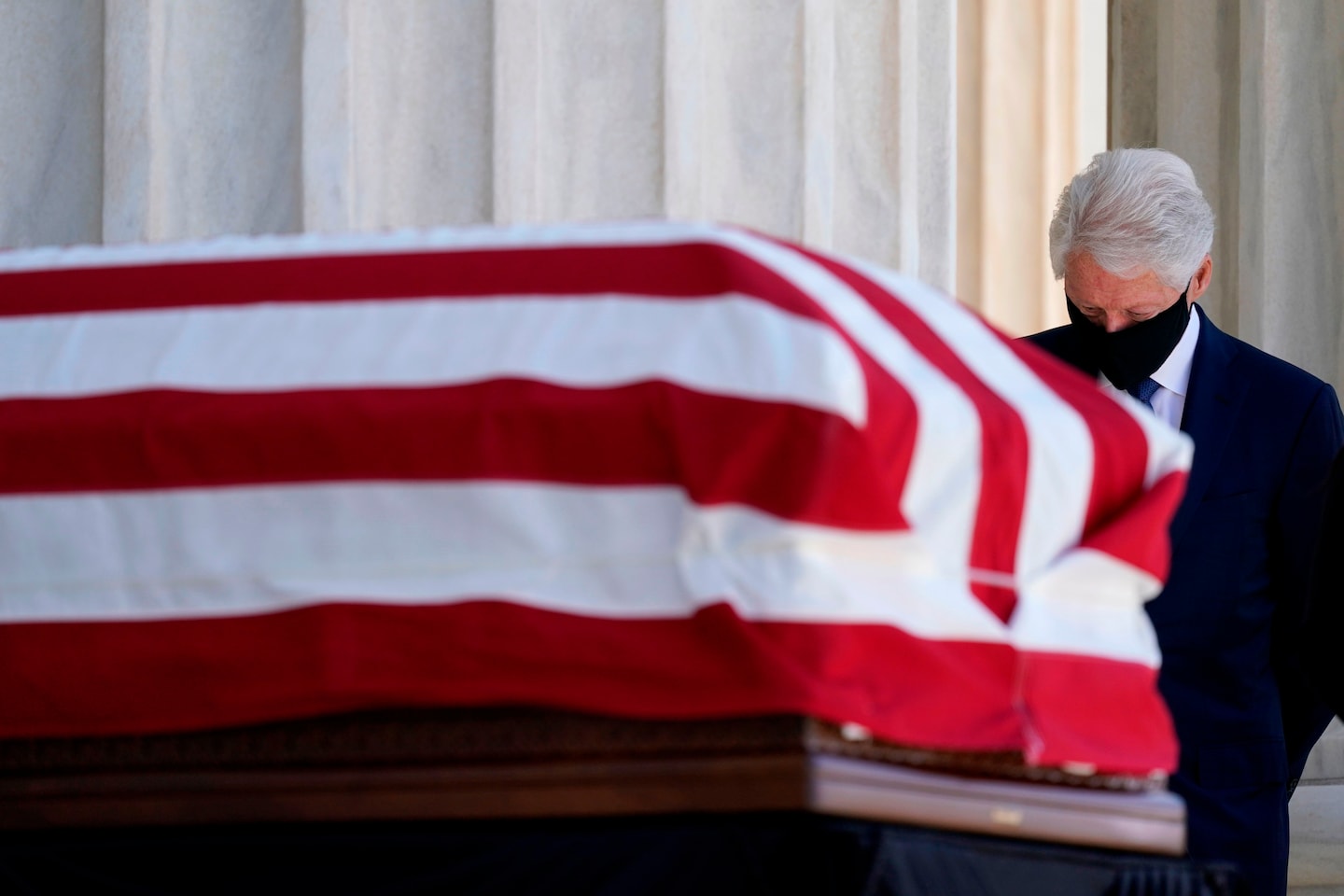Supreme Court brinkmanship, ‘anarchist’ cities are latest stops on road to autocracy

Experts were raising alarms about judicial independence well before the passing of Supreme Court Justice Ruth Bader Ginsburg on Friday. But according to an August survey of 776 political scientists by Bright Line Watch, an academic group tracking expert assessments of democracy, the judiciary’s ability to limit executive power is one of the democratic pillars that has eroded the most in the Trump era.
In February 2017, within weeks of Trump’s inauguration, roughly 80 percent of the survey’s experts said the United States “fully” or “mostly” upheld the principle that the judiciary can act as a check on executive branch power. As of August, that number had dropped to less than 60 percent, although it has increased since March following the issuance of a number of Supreme Court decisions rebuking the president.
“It’s fair to say that the independent judiciary hasn’t faced such a direct attack since the Jeffersonians tried and failed to purge the bench of Federalists during Thomas Jefferson’s first term,” as University of Baltimore law professor Garrett Epps wrote in the Atlantic in March.
Experts on authoritarianism have expressed alarm over the administration’s use of federal powers and agencies to monitor, attack and punish perceived political opponents. Political scientists have ranked freedom from government attacks on political opponents as one of the three most important pillars of democracy, behind only free elections and free speech.
At the dawn of the Trump administration, more than 60 percent of Bright Line Watch’s experts said the United States was mostly meeting this standard of democratic governance. This past August, that share had drifted closer to 40 percent, one of the steepest drops observed.
The recent DOJ designation of New York, Portland and Seattle as “anarchist jurisdictions” is just another escalation. It comes on the heels of a DOJ initiative attacking Democratic governors over covid-19 deaths in nursing homes. Partisanship is very close to the surface of the department’s news release, which cites a memorandum issued by Trump, criticizes “state and local leaders” who “impede their own law enforcement officers and agencies from doing their jobs” and calls out a number of Democratic mayors and governors by name.
Neither of these trends are necessarily permanent. If Joe Biden wins the presidential election in November, for instance, a conservative Supreme Court would likely act as a robust check on his administration.
But the prospect of a second Trump term has left some experts extremely concerned. Even without the support of Congress, a Trump-led executive branch, bolstered by a compliant Supreme Court, could continue to inflict lasting damage on the norms and institutions that have defined American democracy since its inception.






